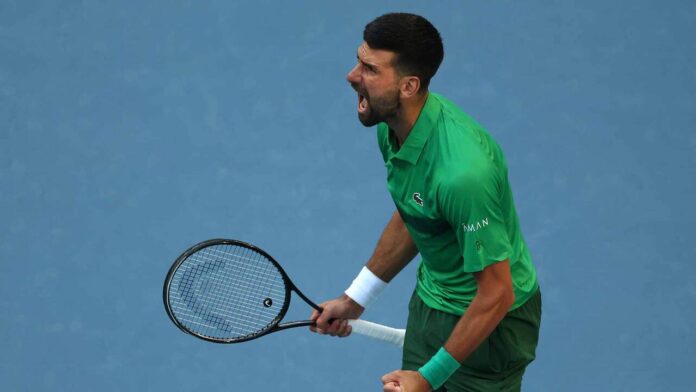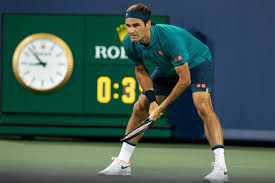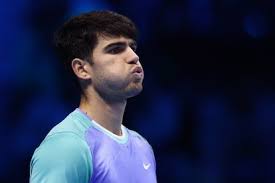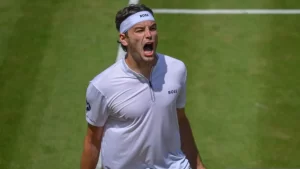 By Leo Canaparo Tennis Coach and Performance Analyst
By Leo Canaparo Tennis Coach and Performance Analyst
In high-performance sports, where talent is a given and physical preparation is a daily demand, there’s one factor that truly separates the great from the greatest: the mind. And few mental skills coaches have left a mark as deep and enduring as Gilbert Enoka, the emotional architect behind the legendary New Zealand All Blacks rugby team.
Though his work took place in rugby, Enoka’s insights cut across disciplines. In tennis, for example—a sport where the mental battle is constant and exposed—his philosophies feel more relevant than ever. Just think of Novak Djokovic, Rafael Nadal, or Iga Świątek: each has proven that mental dominance is one of the most lethal weapons in their game. And it aligns remarkably with Enoka’s approach.
EMOTIONAL CONTROL IN CRUCIAL MOMENTS
A core idea in Enoka’s method is that champions aren’t those who don’t feel pressure, but those who manage it best. He teaches athletes to build mental routines—anchors that allow them to stay grounded in the present moment. A breath, a focal point, a keyword. Nadal aligning his bottles or Djokovic bouncing the ball 20 times before serving—these aren’t superstitions; they are rituals designed to restore internal control when external chaos strikes.
THE “NO DICKHEADS POLICY”
One of Enoka’s most famous and widely adopted principles is the “No dickheads policy.” Within the All Blacks culture, there’s no room for toxic egos—no matter how talented the individual. The team always comes first. In a sport like tennis, often driven by individual stardom, this philosophy offers a powerful reminder: humility, honesty, and surrounding oneself with truth-tellers is key to sustained growth.
THE POWER OF LANGUAGE
Enoka also emphasizes the importance of internal and external language. What a player says to themselves before serving at break point can determine the outcome. Self-talk should be clear, positive, and realistic. A message like “I trust my game” carries far more power than “I can’t mess this up.” This is not a detail—it’s the art of mental direction under pressure.
VULNERABILITY AS STRENGTH
Enoka breaks another long-standing sports myth by encouraging vulnerability as a tool for leadership. The strongest leaders, he argues, aren’t those who have all the answers—they’re the ones who own their mistakes and ask for help. In professional sports, this kind of emotional openness builds authentic connection and team trust.
LEAVE THE JERSEY BETTER THAN YOU FOUND IT
Lastly, Enoka is driven by the idea of legacy. Every team member is responsible for nurturing a culture that’s bigger than themselves. “Leave the jersey better than you found it.” That simple yet profound motto speaks volumes, and it can easily be applied to tennis as well. Legends like Roger Federer and Serena Williams weren’t just champions—they were cultural leaders who left a lasting example.
TENNIS TODAY AND THE MENTAL GAME
Today, we’re seeing players like Carlos Alcaraz, Coco Gauff, and Jannik Sinner increasingly adopt mental strategies as part of their training. In modern tennis, hitting big is not enough. Emotional regulation, resilience, and focus are skills—and they can be trained. That’s one of Gilbert Enoka’s greatest contributions to sport.In an era of relentless media scrutiny, social pressure, and towering expectations, the real battle is in the head. And that’s exactly where champions are built—point by point.
Leo Canaparo is a journalist and tennis analyst covering Grand Slam tennis and performance trends worldwide.






